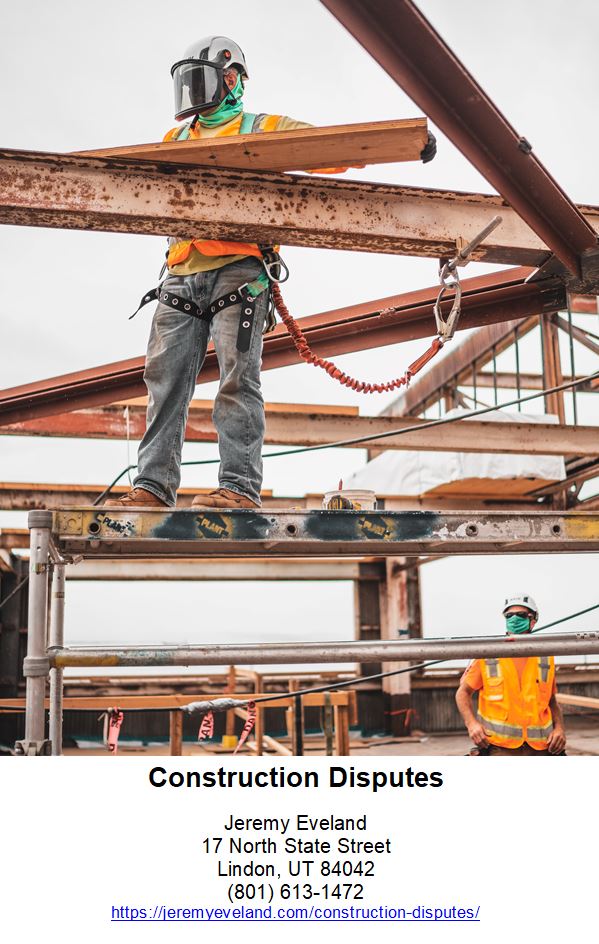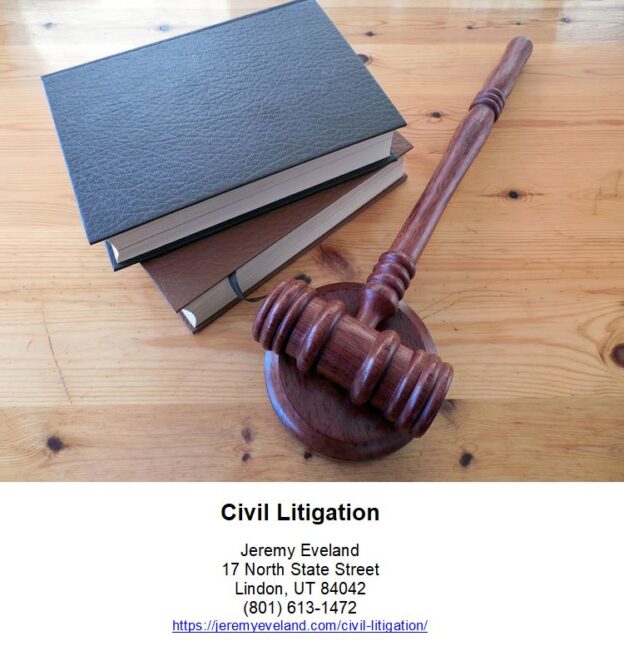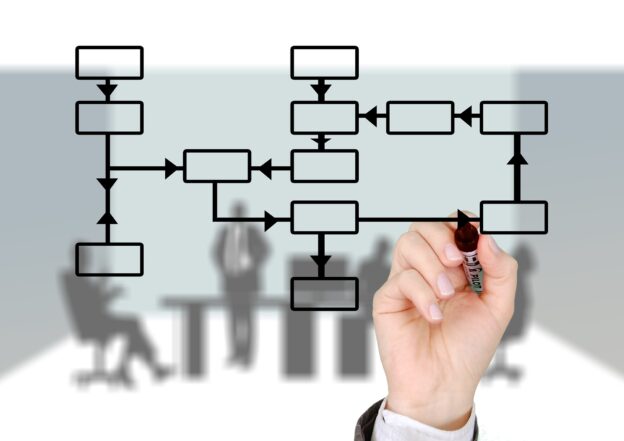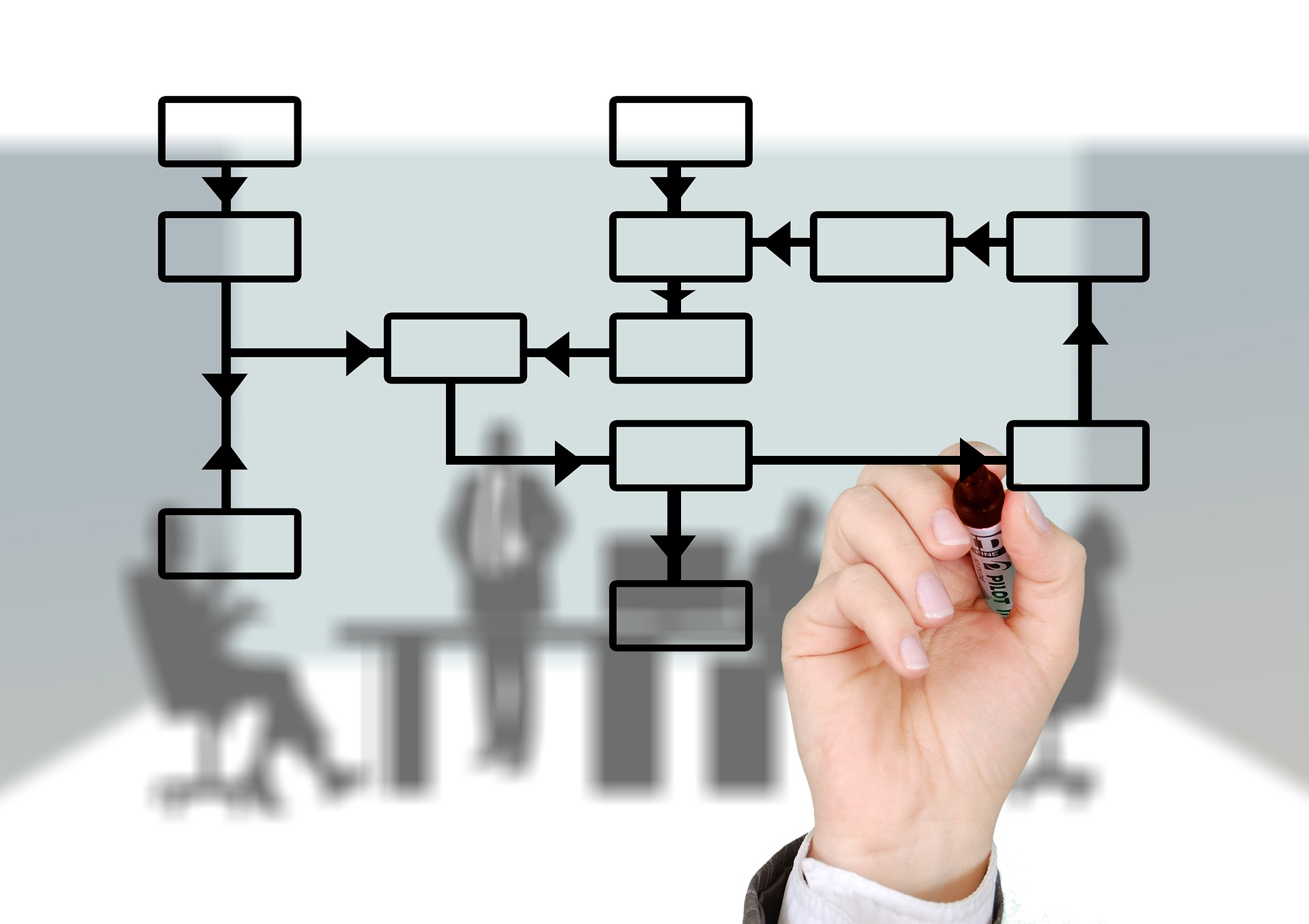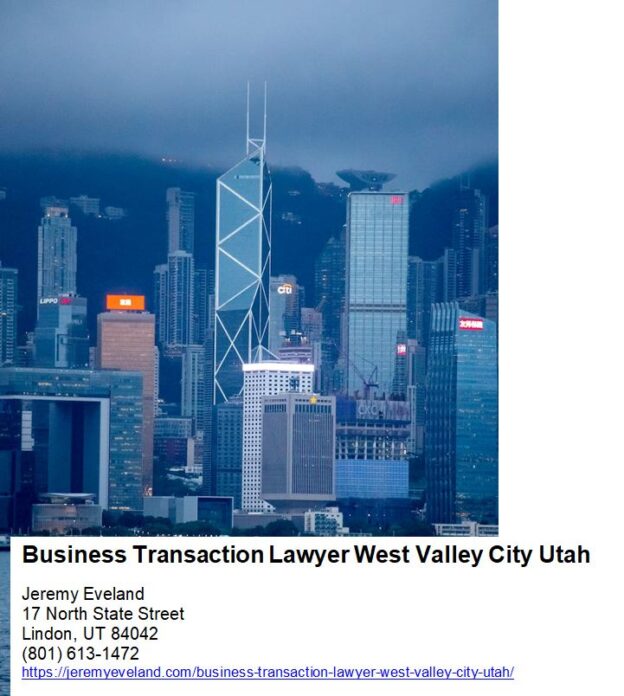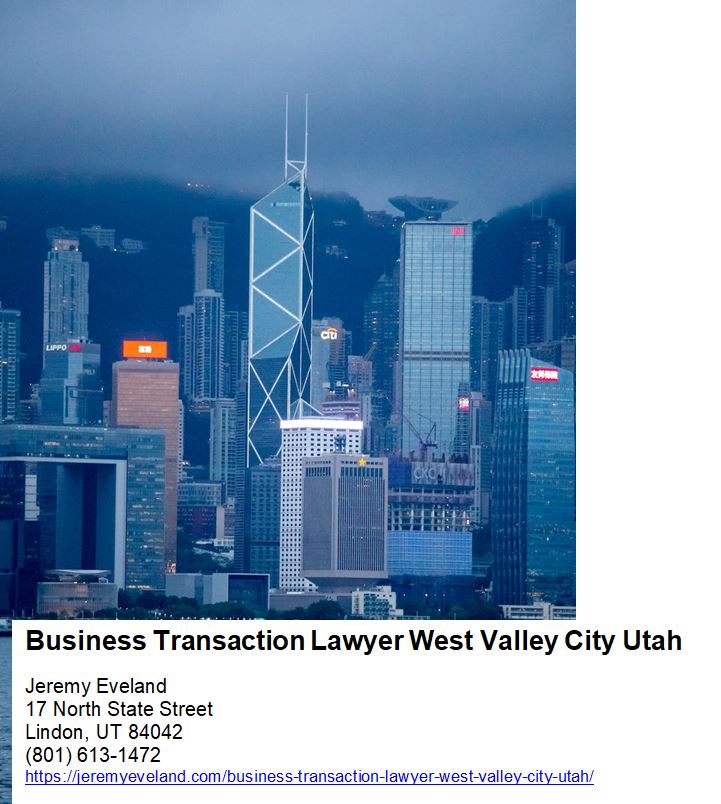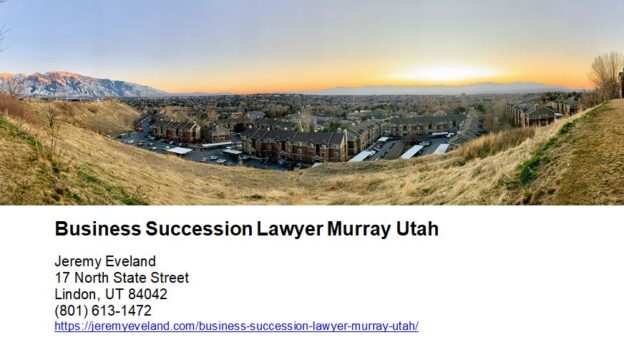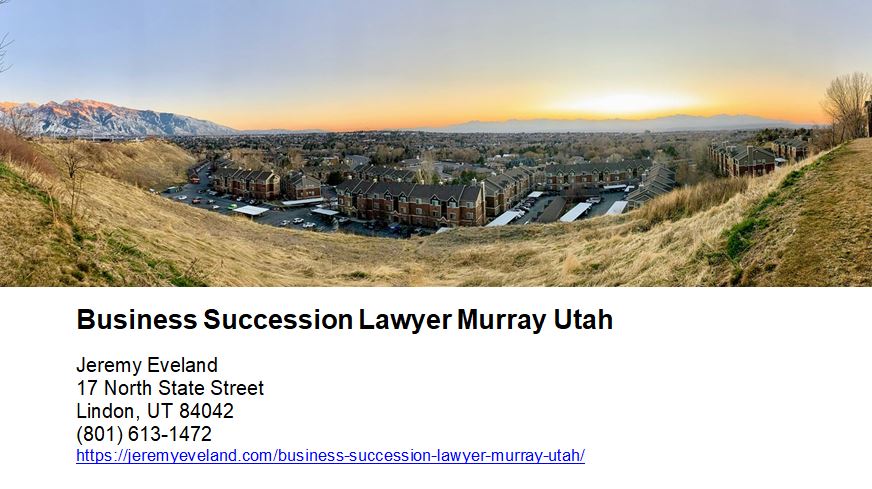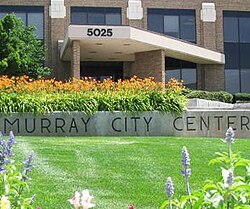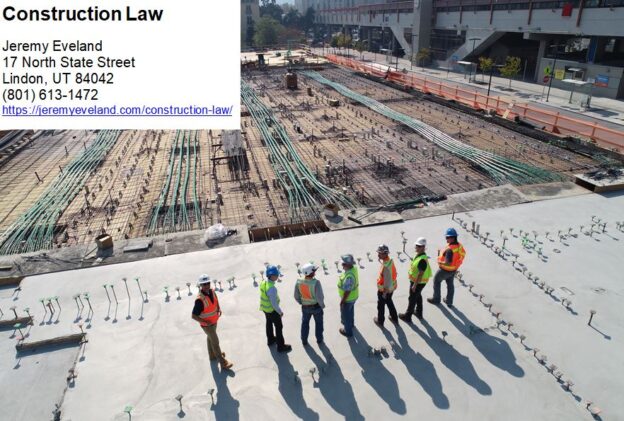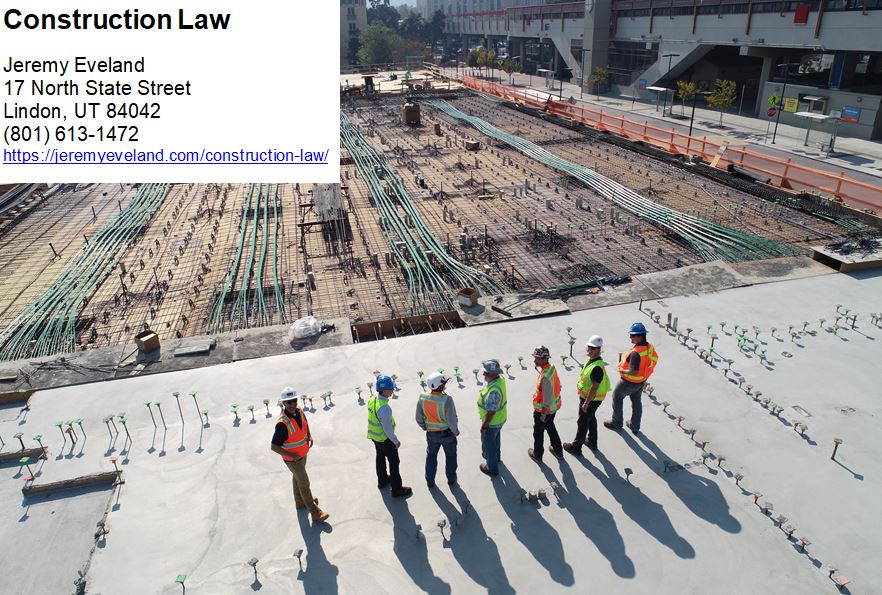Are you facing a legal dispute in the construction industry? Don’t worry, we’ve got you covered! In this article, we will explore the concept of alternative dispute resolution in construction, offering you valuable insights and guidance. Whether it’s a payment dispute, contract disagreement, or any other legal issue, alternative dispute resolution can provide a faster and more cost-effective solution compared to lengthy court battles. We will address common concerns, provide reassuring advice, and encourage you to take the next step by contacting our experienced attorney. So, let’s dive into the world of alternative dispute resolution and find the best path forward for you.

1. Introduction
1.1 Overview of alternative dispute resolution
Alternative dispute resolution (ADR) refers to a range of methods used to resolve conflicts and disputes outside of traditional litigation processes. In the construction industry, where disputes and conflicts often arise due to complex contractual relationships and technical issues, ADR has become an increasingly popular and efficient approach to resolving disputes.
Unlike traditional litigation, which involves going to court and relying on a judge or jury to make a decision, ADR provides parties with more control over the resolution process. It encourages collaboration and allows the parties involved to actively participate in finding mutually acceptable solutions.
1.2 Importance in the construction industry
In the construction industry, disputes can have significant consequences not only on the parties involved but also on ongoing projects and relationships. Construction projects are often complex and involve multiple stakeholders, including contractors, subcontractors, architects, and owners. Disputes can arise from various issues such as breach of contract, payment disputes, construction defects, and delays.
ADR plays a crucial role in the construction industry for several reasons. First, it offers a more cost-effective and time-efficient alternative to litigation, which can be lengthy and costly. Second, it allows the parties to preserve their relationships by promoting collaboration and open communication. Finally, ADR methods can harness the expertise of industry professionals who can provide specialized knowledge and insights into construction disputes.
2. Types of alternative dispute resolution
2.1 Mediation
Mediation involves the use of a neutral third party, known as a mediator, who facilitates communication and negotiation between the parties. The mediator helps the parties explore options and reach a mutually agreeable resolution. Mediation is a voluntary process, and the mediator does not impose a decision but rather assists in finding a solution that meets the parties’ needs.
2.2 Arbitration
Arbitration is a more formal ADR process where parties present their case to an impartial third party, known as an arbitrator or panel of arbitrators. The arbitrator reviews the evidence and arguments presented and makes a binding decision, known as an award. Unlike mediation, arbitration is a more structured process, and the decision of the arbitrator is generally final and legally binding.
2.3 Conciliation
Conciliation is a process similar to mediation, where a neutral third party, known as a conciliator, assists the parties in reaching a resolution. However, in conciliation, the conciliator may also provide recommendations or suggestions for settlement based on their expertise and understanding of the dispute. While the recommendations are not binding, they can guide the parties towards a mutually acceptable solution.
2.4 Negotiation
Negotiation is a non-adversarial process where the parties directly communicate and work towards a resolution without the involvement of a third party. It allows the parties to explore their interests, identify common ground, and reach a mutually beneficial agreement. Negotiation can be done informally or through formal negotiations facilitated by legal representatives.
2.5 Mini-trial
A mini-trial is a voluntary and confidential process where the parties present summarized versions of their case to a neutral advisor or panel. The advisor provides an evaluation of the case and helps the parties understand the strengths and weaknesses of their positions. The goal of a mini-trial is to encourage settlement negotiations based on a better understanding of the issues involved.
2.6 Early neutral evaluation
Early neutral evaluation involves the parties presenting their case to a neutral evaluator who assesses the strengths and weaknesses of the claims. The evaluator provides an evaluation of the merits of the case, helping the parties understand the likely outcome if the dispute were to proceed to traditional litigation. This process can facilitate settlement discussions and inform decision-making.
2.7 Dispute review boards
Dispute review boards are typically used in long-term construction projects. They consist of a panel of neutral experts who periodically review the project and address any disputes that arise. The board’s decisions are not legally binding but can provide guidance and recommendations for resolving disputes in a timely manner.
2.8 Expert determination
Expert determination involves the appointment of an independent expert to make a binding decision on specific issues in dispute. The expert, typically an industry professional with specialized knowledge, evaluates the evidence and arguments presented by the parties and provides a decision based on their expertise. The decision is final and binding unless the parties agree otherwise.
2.9 Collaborative law
Collaborative law is a cooperative approach to dispute resolution where the parties and their legal representatives commit to resolving the conflict without resorting to litigation. The parties engage in joint meetings and negotiations to reach a settlement that addresses their interests and concerns. If the collaborative law process fails, the parties must hire new legal representation for litigation.
2.10 Online dispute resolution
Online dispute resolution (ODR) utilizes technology to resolve disputes through online platforms or software applications. It provides a convenient and accessible method for parties to engage in ADR processes regardless of geographical location. ODR can involve mediation, arbitration, or other forms of ADR, conducted entirely online.
3. Advantages of alternative dispute resolution in construction
3.1 Cost-effective
One of the significant advantages of ADR in the construction industry is its cost-effectiveness. Traditional litigation can be prohibitively expensive due to legal fees, court costs, and lengthy trial processes. ADR methods, such as mediation or negotiation, typically involve lower costs, as they require fewer procedural formalities and can be resolved more efficiently.
3.2 Time-saving
Construction projects often have strict timelines, and disputes can cause significant delays. ADR offers a more expedient resolution to conflicts compared to traditional litigation, which can take months or even years. ADR methods, such as arbitration or expert determination, allow parties to present their case more efficiently, receive a decision promptly, and resume project activities without unnecessary delays.
3.3 Confidentiality
Confidentiality is crucial in construction disputes to protect sensitive information and preserve business relationships. Unlike litigation, which often involves public court proceedings, ADR methods prioritize confidentiality. Parties can freely discuss their issues and concerns without fear of public exposure. This confidentiality promotes open communication and encourages parties to be more forthcoming in finding resolutions.
3.4 Flexibility
ADR methods offer greater flexibility compared to traditional litigation. Parties have the freedom to tailor the process to suit their specific needs and circumstances. They can choose the mediator, arbitrator, or conciliator based on their industry knowledge and expertise. Additionally, parties can select the venue and schedule that best accommodates their availability and project timelines.
3.5 Preservation of relationships
Maintaining positive relationships among construction project stakeholders is essential for future collaborations. ADR methods foster collaboration and promote open communication, allowing parties to work together towards a resolution that satisfies their interests. By preserving relationships, ADR minimizes the risk of long-standing disputes and promotes a more conducive environment for future projects.
3.6 Expertise
Construction disputes often involve complex technical and contractual issues. ADR methods provide access to experts and industry professionals who have specialized knowledge in construction law, engineering, architecture, and other relevant fields. These experts can provide valuable insights and guidance, assisting the parties in understanding the issues at hand and reaching informed resolutions.
3.7 Informality
Unlike traditional litigation, which follows strict legal procedures, ADR methods generally prioritize informality. This informality creates a more comfortable and collaborative environment for the parties involved. It allows for more open and candid discussions, which can lead to creative and innovative solutions that might not be possible in a formal and adversarial courtroom setting.
3.8 Creativity
ADR methods encourage parties to think creatively and explore a wide range of options to resolve a dispute. Rather than imposing a decision, ADR allows the parties themselves to craft a resolution that meets their unique needs and interests. This emphasis on creativity can lead to more flexible and mutually beneficial outcomes that might not be available through traditional litigation.
3.9 Enforcement of decisions
Unlike settlements reached through mediation or negotiation, decisions made through arbitration or expert determination are typically legally binding and enforceable. Parties can have confidence that once a decision is made, it can be enforced without further disputes or delays. This assurance promotes compliance and reduces the risk of non-payment or breach of contract.
4. Common legal concerns in construction disputes
4.1 Breach of contract
Breach of contract is a common legal concern in construction disputes. Parties may fail to meet their contractual obligations, resulting in financial losses or project delays. ADR methods, such as arbitration or conciliation, can efficiently address breach of contract disputes by providing a fair and impartial evaluation of the parties’ performances and a resolution that enforces the terms of the contract.
4.2 Payment disputes
Payment disputes are another significant legal concern in the construction industry. Non-payment or disputes over the amount owed can significantly impact contractors and subcontractors. ADR methods, such as mediation or negotiation, can facilitate discussions and help parties reach mutually acceptable payment arrangements that ensure fair compensation and preserve business relationships.
4.3 Construction defects
Construction defects refer to flaws or deficiencies in the design or construction of a project. Disputes related to construction defects can result in costly repairs and project delays. ADR methods, particularly expert determination or dispute review boards, allow for an in-depth evaluation of the construction defects by industry experts. This evaluation can lead to appropriate solutions and establish accountability for the defects.
4.4 Delay and disruption claims
Delays and disruptions can arise in construction projects due to unforeseen circumstances or issues with scheduling and coordination. Disputes related to delays and disruptions can be complex and involve multiple parties. ADR methods, such as mediation or mini-trials, enable the parties to discuss the causes of delays and disruptions, explore potential solutions, and reach agreements that address the resulting financial and time impacts.
4.5 Change orders and variations
Change orders and variations are modifications to the original scope of work agreed upon in a construction contract. Disputes can arise when parties disagree on the need for changes, the associated costs, or the impact on project timelines. ADR methods, such as negotiation or conciliation, provide a platform for parties to discuss and negotiate change orders and variations to minimize conflicts and ensure fair and equitable outcomes.
4.6 Design errors and omissions
Design errors and omissions refer to mistakes in the project’s design or missing information necessary for construction. These errors can lead to significant additional costs and delays. ADR methods, particularly expert determination or early neutral evaluation, allow parties to present the design issues to experts who can evaluate the adequacy of the design and propose remedial actions to rectify the errors or omissions.
4.7 Warranty claims
Warranty claims involve disputes over the quality or performance of construction materials, equipment, or workmanship. Parties may seek remedies for defects covered under warranty provisions. ADR methods, such as arbitration or conciliation, offer a fair and efficient process for evaluating the warranty claims, assessing the responsibilities of the parties, and reaching resolutions that ensure compliance with the warranty terms.
4.8 Subcontractor disputes
Subcontractor disputes can arise between general contractors, subcontractors, and suppliers due to issues such as non-payment, delays, or breaches of contract. ADR methods, such as mediation or negotiation, provide a platform for parties to discuss and resolve subcontractor disputes by addressing the underlying causes, exploring potential solutions, and reaching agreements that protect the interests of all involved parties.
4.9 Insurance issues
Insurance issues in construction disputes can involve coverage disputes, subrogation claims, or disputes over the adequacy of insurance provisions. ADR methods, particularly expert determination or arbitration, can involve insurance professionals who can evaluate the insurance issues, interpret policy terms, and provide resolutions that ensure fair and appropriate coverage.
4.10 Employer-employee conflicts
Employer-employee conflicts may arise in construction projects due to issues such as workplace safety, discrimination, or termination disputes. ADR methods, such as mediation or conciliation, provide a confidential and collaborative environment for parties to address these conflicts and find resolutions that protect the rights and interests of both employers and employees.

5. Choosing the right alternative dispute resolution method
5.1 Assessing the nature of the dispute
When choosing the appropriate ADR method for a construction dispute, it is essential to assess its nature. Consider the complexity of the issues involved, the number of parties, and the desired outcome. For straightforward disputes with limited parties, mediation or negotiation may be suitable. For more complex or technical disputes, expert determination or arbitration may be more appropriate.
5.2 Considering time and cost constraints
Time and cost constraints are crucial considerations when selecting an ADR method. Some methods, such as mediation or negotiation, are typically faster and more cost-effective than others, like arbitration or expert determination. Evaluate the urgency of the dispute and the financial resources available to determine the most suitable ADR method.
5.3 Evaluating the desired outcome
Consider the desired outcome when deciding on an ADR method. If the parties seek a collaborative resolution that preserves their relationship, methods like mediation or collaborative law may be preferred. If a binding decision is necessary, arbitration or expert determination may offer more certainty. Evaluate the goals and priorities of each party to ensure compatibility with the chosen ADR method.
5.4 Analyzing the relationship between the parties
The existing relationship between the parties involved in the dispute can influence the choice of ADR method. If the relationship is already strained or characterized by mistrust, a more formal and structured method like arbitration may be appropriate. If the parties have a history of collaboration and a desire to maintain a working relationship, methods like mediation or negotiation may be more constructive.
5.5 Weighing the pros and cons of each method
Finally, weigh the pros and cons of each ADR method to make an informed decision. Consider factors such as confidentiality, enforcement of decisions, the expertise of the neutral party, and the procedural requirements. Assess the benefits and drawbacks of each method in relation to the specific circumstances of the dispute to ensure the chosen method aligns with the parties’ interests and priorities.
6. Key steps in alternative dispute resolution process
6.1 Preparing for alternative dispute resolution
Preparation is critical to a successful ADR process. Parties should gather and organize all relevant documents and evidence related to the dispute. This may include contracts, correspondence, project documentation, and expert reports. It is also essential to understand the specific rules and procedures applicable to the chosen ADR method and engage legal representation, if necessary, for guidance and advice.
6.2 Initial meetings and introductions
In the initial stages of the ADR process, parties and their representatives will meet to introduce themselves and outline their positions. This creates an opportunity to establish rapport and an environment conducive to open communication. The neutral third party, such as a mediator or arbitrator, may explain the process, the ground rules, and the expectations for participation.
6.3 Presentation of arguments and evidence
Once the introductory phase is complete, parties will have the opportunity to present their arguments, evidence, and supporting documentation. This may involve presenting witness testimony, expert reports, and any other relevant information. The presentation of arguments and evidence allows the parties to articulate their perspectives and establish the foundations for a fair and informed resolution.
6.4 Facilitated negotiations or hearings
Following the presentations, parties engage in facilitated negotiations or hearings to discuss the issues, identify common ground, and explore potential solutions. This phase of the process may involve joint meetings, private caucuses with the neutral third party, or a combination of both. The goal is to encourage parties to work collaboratively towards a mutually acceptable resolution.
6.5 Deliberation and decision-making
After the negotiations or hearings, the neutral third party may deliberate on the evidence and arguments presented. In some cases, they may provide recommendations or suggested solutions based on their evaluation of the dispute. If the parties agree to accept the neutral third party’s decision, such as in arbitration or expert determination, the decision-making phase concludes the ADR process.
6.6 Documentation and enforcement
The final phase of the ADR process involves documenting the resolution reached, if applicable, and ensuring its enforcement. Parties may draft settlement agreements, consent awards, or other legally binding documents that capture the terms of their resolution. It is essential to follow any legal formalities necessary to make the resolution enforceable and to monitor compliance to avoid potential disputes in the future.
7. Emotional connections in alternative dispute resolution
7.1 Empathy and understanding
Effective ADR methods prioritize empathy and understanding. Parties should strive to put themselves in each other’s shoes and genuinely listen to and acknowledge their perspectives. Building empathy promotes a more compassionate and cooperative environment, increasing the likelihood of finding mutually acceptable solutions.
7.2 Building trust
Building trust is essential in the ADR process. Parties must trust that the neutral third party will act impartially and neutrally. Additionally, creating an environment of trust among the parties promotes open communication and facilitates the sharing of information necessary for a fair resolution.
7.3 Respect and open communication
Respectful and open communication is crucial in ADR. Parties should strive to communicate clearly, honestly, and respectfully throughout the process. Active listening, understanding each other’s viewpoints, and avoiding personal attacks or insults fosters an environment conducive to constructive problem-solving.
7.4 Addressing emotions during disagreements
Disputes can evoke strong emotions, and addressing these emotions is essential to successful ADR. Parties should be encouraged to share their feelings and concerns openly while maintaining a respectful and collaborative atmosphere. Acknowledging and addressing emotions can help parties move towards resolution in a more harmonious and sustainable manner.
7.5 Effective problem-solving
Effective problem-solving requires parties to approach disputes with a collaborative mindset. By focusing on common interests and exploring creative solutions together, parties can overcome barriers and find mutually beneficial outcomes. ADR methods provide the opportunity for parties to engage in problem-solving that prioritizes cooperation and innovation.
8. Optimizing alternative dispute resolution for search engines
8.1 Conducting keyword research
To optimize ADR content for search engines, it is crucial to conduct keyword research. Identify relevant keywords and phrases that potential readers may use when searching for information about alternative dispute resolution in the construction industry. This research ensures that the article aligns with user intent and improves its visibility in search engine results.
8.2 Incorporating keywords naturally
Incorporate the identified keywords naturally throughout the article. Include them in headings, subheadings, and the body of the text. However, prioritize readability and maintain a conversational tone. Avoid overstuffing keywords, which can negatively impact user experience and search engine rankings.
8.3 Structuring the article for SEO
Structure the article in a way that is easy for readers and search engines to navigate. Use clear headings and subheadings that accurately reflect the content. Break up the text into shorter paragraphs and use bullet points or numbered lists when appropriate. Incorporate relevant images, alt tags, and captions to enhance the article’s visual appeal and SEO performance.
8.4 Building relevant internal and external links
Include relevant internal and external links within the article to provide additional resources and enhance its credibility. Internal links should direct readers to related content within the website, while external links can reference reputable sources that support the information provided. Use descriptive anchor text to provide context for the linked content.
8.5 Optimizing meta tags and headers
Optimize meta tags, including the meta title and meta description, to provide concise and compelling summaries of the article’s content. Meta tags should include relevant keywords to improve search engine visibility. Use headers and subheaders with appropriate keywords to further enhance the article’s SEO performance.

9. Reassurance and guidance in alternative dispute resolution
9.1 Educating clients about the process
Educating clients about the ADR process is crucial to alleviate their concerns and provide a sense of confidence. Clearly explain the various ADR methods available in the construction industry and the benefits of each. Describe the general steps involved in ADR and provide examples or case studies that illustrate successful outcomes.
9.2 Explaining potential outcomes
When discussing alternative dispute resolution with clients, provide an honest assessment of potential outcomes. Explain the range of potential resolutions and the factors that may influence the outcome of their specific dispute. Manage expectations by highlighting the benefits of collaborative problem-solving and the potential for mutually satisfactory resolutions.
9.3 Offering legal advice and strategies
Offering legal advice and strategies ensures that clients understand their rights and options in the ADR process. Provide guidance on gathering evidence, preparing arguments, and developing negotiation strategies. Help clients assess the strengths and weaknesses of their case and identify potential areas of compromise or leverage.
9.4 Promoting prompt action
Encourage clients to take prompt action in pursuing ADR for their construction disputes. Emphasize the potential benefits of resolving conflicts efficiently and cost-effectively. Stress the importance of avoiding unnecessary delays, which can escalate disputes and harm ongoing projects and relationships.
9.5 Highlighting success stories
Highlighting success stories can provide reassurance and inspire confidence in the ADR process. Share examples of construction industry disputes that were successfully resolved through ADR methods. Discuss the positive outcomes achieved, such as cost savings, efficient resolution timelines, and improved working relationships.
10. Clear call-to-action for assistance in alternative dispute resolution
10.1 Encouraging readers to seek immediate assistance
End the article with a clear call-to-action that prompts readers to seek immediate assistance for their construction disputes. Remind them of the potential benefits of ADR and the importance of timely resolution. Encourage readers to take action by contacting a legal professional to discuss their specific situation and explore available options.
10.2 Providing attorney contact information
Provide contact information for a qualified attorney who specializes in construction disputes and alternative dispute resolution. Include the attorney’s name, phone number, and email address to facilitate direct communication. Emphasize that the attorney is available to provide personalized guidance and support throughout the ADR process.
10.3 Emphasizing the benefits of professional guidance
Highlight the benefits of seeking professional guidance for construction disputes. Explain how an experienced attorney can navigate the complexities of the ADR process, provide valuable advice, and advocate for the client’s best interests. Reinforce that professional guidance increases the likelihood of achieving favorable outcomes.
10.4 Urging proactive measures
Urge readers to take proactive measures in resolving their construction disputes. Emphasize the importance of early intervention and the potential negative consequences of ignoring or delaying conflict resolution. Encourage readers to be proactive in seeking ADR methods to protect their rights, preserve business relationships, and ensure the successful completion of construction projects.
10.5 Promising reliable support
Conclude the article by promising reliable support to readers in their alternative dispute resolution journey. Assure them that the qualified attorney mentioned in the article will provide the guidance, expertise, and support needed to navigate the complexities of construction disputes. Reiterate the benefits of seeking assistance promptly and highlight the attorney’s commitment to achieving successful outcomes for clients.


